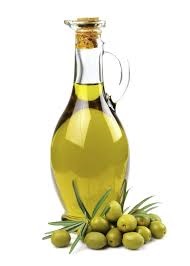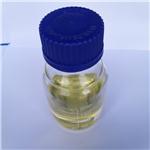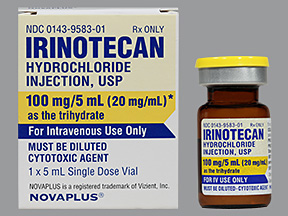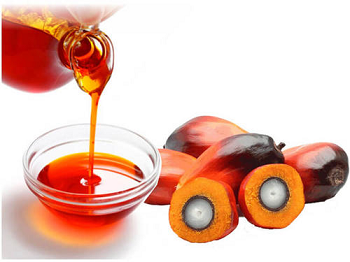Uses and safety concerns of olive oil
Olive is a tree. People use the oil from the fruit and seeds, water extracts of the fruit, and the leaves to make medicine.
Olive oil is used to prevent heart attack and stroke (cardiovascular disease), breast cancer, colorectal cancer, ovarian cancer, rheumatoid arthritis, and migraine headache.

Uses
Some people use olive oil to treat constipation, high cholesterol, high blood pressure, blood vessel problems associated with diabetes, and pain associated ear infections, arthritis, and gallbladder disease. Olive oil is also used to treat jaundice, intestinal gas, and meteorism (swelling of the abdomen due to gas). It is also used to destroy the bacteria that causes some ulcers, helicobacter pylori.
Some people also use olive oil to boost bacteria in the gut and as a "cleanser" or "purifier."
Olive oil is applied to the skin (used topically) for earwax, ringing ears (tinnitus), pain in the ears, lice, wounds, minor burns, psoriasis, stretch marks due to pregnancy, eczema, jock itch, ringworm, a skin disease caused tinea versicolor, and for protecting the skin from ultraviolet (UV) damage after sun exposure. In the mouth it is used to reduce gum disease.
In foods, olive oil is used as a cooking and salad oil.
In manufacturing, olive oil is used to make soaps, commercial plasters and liniments; and to delay setting in dental cements.
Olive oil is classified, in part, according to acid content, measured as free oleic acid. Extra virgin olive oil contains a maximum of 1% free oleic acid, virgin olive oil contains 2%, and ordinary olive oil contains 3.3%. Unrefined olive oils with more than 3.3% free oleic acid are considered "unfit for human consumption."
Olive oil that is mixed with a gas called ozone (ozonated olive oil) is promoted for everything from bee stings and insect bites to bacterial and fungal skin infections to cancer. The Food and Drug Administration (FDA) allows the use of ozone to fight bacteria on food, including meat and poultry, but the food industry has been slow to adopt it. Ozone is extremely unstable and must be produced on site. Topical olive oil products that are claimed to contain ozone are unlikely to remain stable during shipping. There are no clinically proven medical uses of ozone or ozonated olive oil. Antibacterial agents that are applied to the skin are a better choice.
Olive leaf is used for treating viral, bacterial, and other infections including influenza, swine flu, the common cold, meningitis, Epstein-Barr Virus (EBV), encephalitis, herpes, shingles, HIV/ARC/AIDS, and hepatitis B. Olive leaf is also used for pneumonia; chronic fatigue: tuberculosis (TB); gonorrhea; fever; malaria; dengue; "blood poisoning" (bacterial infections in the bloodstream); severe diarrhea; and infections in the teeth, ears, and urinary tract, and infections following surgery. Other uses include high blood pressure, osteoarthritis, osteoporosis, diabetes, hay fever, improving kidney and digestive function, and increasing urine flow.
Fatty acids in olive oil seem to decrease cholesterol levels and have anti-inflammatory effects. Olive leaf and olive oil might lower blood pressure. Olive might also be able to kill microbes, such as bacteria and fungus.
About safety concerns
When taken by mouth: Olive oil is LIKELY SAFE when taken appropriately by mouth. Olive oil can be used safely as 14% of total daily calories. This is equal to about 2 tablespoons (28 grams) daily. Up to 1 liter per week of extra-virgin olive oil has been used safely as part of a Mediterranean-style diet for up to 5.8 years.
Olive oil might cause nausea in a very small number of people. Olive leaf extract is POSSIBLY SAFE when taken appropriately by mouth.
There is insufficient reliable information available about the safety of olive leaf when taken by mouth.
When applied to the skin: Olive oil is LIKELY SAFE when applied to the skin. Delayed allergic responses and contact dermatitis have been reported. When used in the mouth following dental treatment, the mouth may feel more sensitive.
When inhaled: Olive trees produce pollen that can cause seasonal respiratory allergy in some people.
You may like
See also
Lastest Price from Olive oil manufacturers

US $0.00-0.00/kg2025-06-11
- CAS:
- 8001-25-0
- Min. Order:
- 0.001kg
- Purity:
- 99.99%
- Supply Ability:
- 2000000t

US $0.00-0.00/KG2025-04-15
- CAS:
- 8001-25-0
- Min. Order:
- 1KG
- Purity:
- 99%
- Supply Ability:
- 500000kg


